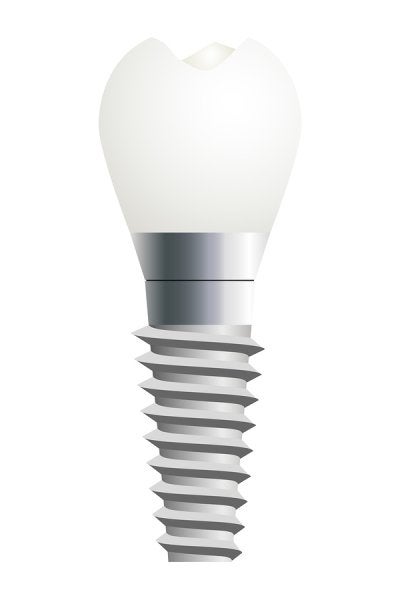When you have missing teeth, it’s important to discuss your tooth replacement options with your dentist. Leaving a gap where you’ve lost a tooth can have serious repercussions for your long-term dental health, including deterioration of bone and damage to remaining teeth. Dentures and bridges used to be the only alternatives for replacing missing teeth, but now dentists are turning to dental implants more and more for better results and greater patient comfort. Talk to your Glenview dentist about whether implants are the right choice for you, and as you weigh your options, keep these benefits in mind.

No Slippage
One of the biggest issues faced by denture wearers is the way dentures can slip around in the mouth. In addition to impacting your self-esteem—making you constantly concerned that people will see your dentures moving—slippage can irritate your gums and affect how you eat and speak. With dental implants , there’s no risk of slippage. The implants are anchored in your jaw with artificial tooth roots, so they stay in place just like your natural teeth.
No Damage to Neighboring Teeth
When you have natural teeth remaining, instead of a full denture, your dentist can replace the missing teeth with a bridge. The trouble with a bridge is that it relies on your natural teeth for support. Over time, the bridge can weaken those teeth, cause toothache, and even deteriorate teeth to the point that extraction is required, necessitating another bridge. Dental implants are supported by artificial roots that fuse with your jaw, not any other teeth. None of your remaining teeth are damaged by dental implants.
No Special Care
Dental implants look like natural teeth, and you can care for them the same way. Simply brush, floss, and have regular check-ups with your dentist, and your implant should last indefinitely. Dentures require special cleaning daily, and over time, as your mouth changes, you may need adjustments to your dentures so they continue to fit.

